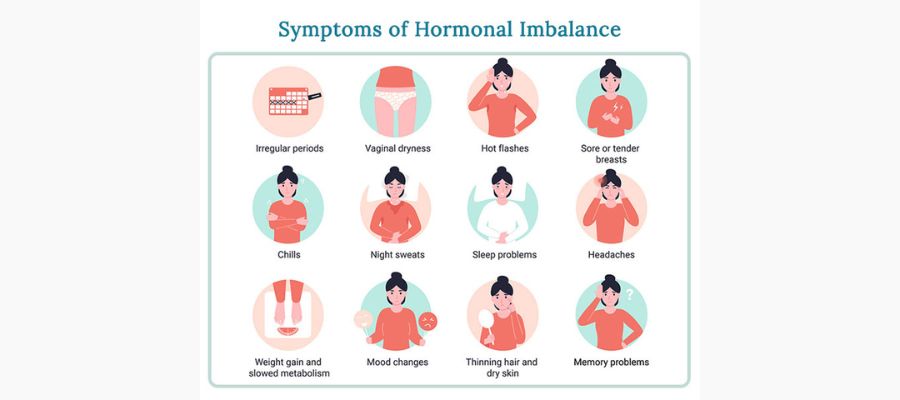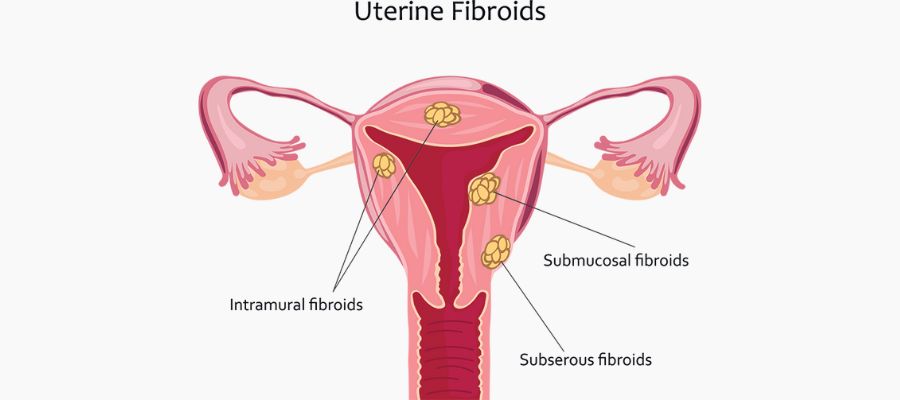.jpg)
Do’s and Don’ts of Curd consumption according to Ayurveda
Curd, also referred to as dahi/ dadhi in Ayurveda, is a dairy product that has been widely consumed for centuries in Ayurvedic traditions as an aid to digestion. Not only does it serve as a delightful accompaniment to meals in many Indian households, but it also boasts numerous health benefits. This article delves into the advantages of consuming curd and elucidates the appropriate techniques for doing so, as per the principles of Ayurveda.
Curd is a good source of bioavailable vitamins and minerals, with lesser lactose and galactose than milk. It can enhance immune response in the elderly and promote gut health, digestion, and muscle tissue formation, as per Ayurveda.
When consuming curd, it is recommended to follow certain Ayurvedic approaches advised by medical professionals. These approaches include considering an individual's Dosha and understanding their Prakriti, as curd is primarily beneficial for Vatadosha due to its unctuous and sour qualities. However, its cold nature can aggravate Kapha, and its sourness can disturb Pitta. It is therefore crucial to understand one's Prakriti (constitution).
- According to the classic text of Ayurveda, Charaka Samhita, it is recommended to consume curd during the daytime, especially at lunch when the digestive Agni is robust. This can enhance its benefits and aid in digestion.
- It is best to avoid consuming curd during the monsoon and winter seasons, especially at night, as it can lead to mucus formation.
- However, during the summer, curd is beneficial due to its cooling properties.
To enhance the potency of curd, a pinch of black pepper or cumin powder can be added. This combination is known to mitigate the Kapha-increasing properties of curd, aiding in digestion and preventing mucus accumulation
Don’ts:
Ayurveda advises against combining curd with sour fruits, milk, or melons to prevent digestive problems and toxin formation. Overconsumption of curd can also lead to indigestion, skin eruptions, and anaemia.










